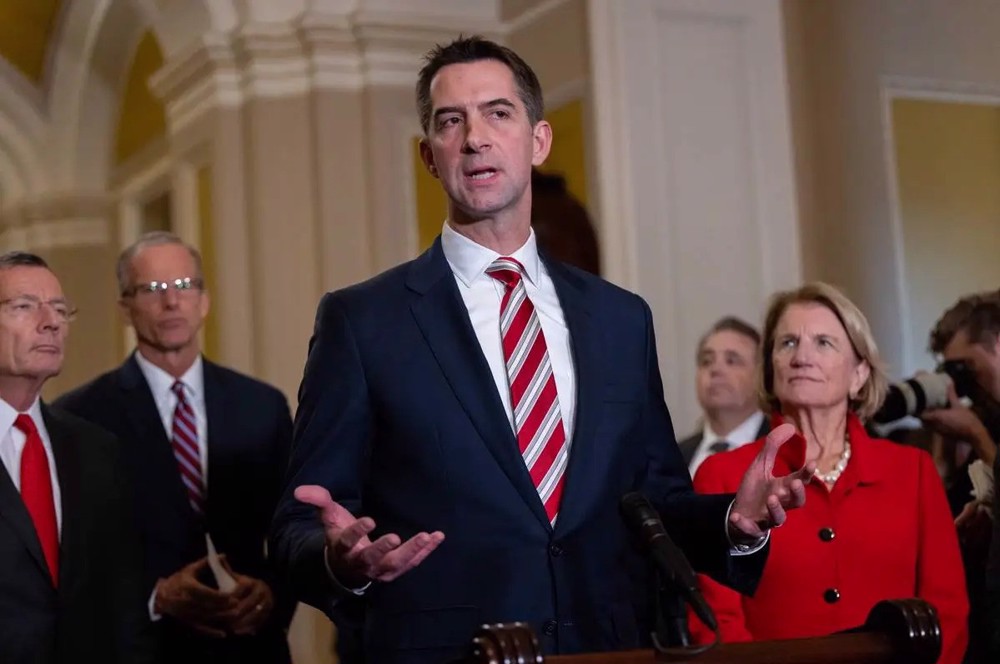US threatens EU with $4b worth of additional tariffs over aircraft subsidies
The administration of US President Donald Trump has threatened to impose tariffs on an additional four billion dollars worth of European Union (EU) goods over a lengthy dispute involving aircraft subsidies.
The US Trade Representative's Office (USTR) released on Monday a list of 89 categories of goods that Washington could target in addition to the $21 billion worth of EU products announced in April in retaliation for the bloc’s subsidies for giant aircraft maker Airbus.
Among the list of additional goods affected are a variety of meat, cheese, pasta, fruits and coffee.
Media reports said the proposed tariffs would be a retaliatory measure due to a dispute with the EU over "subsidies on large civil aircraft.”
The Trump administration announced that it would be awaiting the World Trade Organization (WTO)’s approval before imposing tariffs on the initial list of products and the commodities would also be subject to a public hearing.
The 28-member bloc declined to comment on the latest US tariffs but said in an emailed statement that “the figures quoted by the USTR are based on US estimates that have not been awarded by the WTO.”
“The EU remains open for discussions with the US, provided these are without preconditions and aim at a fair outcome,” the statement said.
Washington and Brussels have been embroiled in tit-for-tat threats regarding tariffs on planes, food and other items in a nearly 15-year spat at the WTO over illegal financing given to American plane maker Boeing and its European rival Airbus.
Senior officials from Boeing and a US aerospace lobbying group called on the Trump administration last month to customize any new EU tariffs to avoid hurting American manufacturers.
The US and EU have accused each other of unfairly subsidizing their respective domestic airline manufacturers in a trade dispute.
The WTO found in 2018 that Boeing and Airbus had received billions of dollars in subsidies and is expected to rule on the US sanctions proposal in coming weeks.
The USTR said it would hold a hearing on the newly proposed tariffs on August 5.
The US and Europe are already in the middle of a tense trade dispute, with Trump having imposed steel and aluminum tariffs on the EU since last May.
There are also fears Washington could impose tariffs of up to 25 percent on European auto imports, which would have a far greater impact on the European economy.
VIDEO | Sydney protests demand action as Israel faces ICC warrant for war crimes
Iran to host ‘important’ ECO foreign ministers' meeting in Mashhad
Wounded in Israeli strike, health of Kamal Adwan Hospital's director worsens
VIDEO | Press TV's News Headlines
Iran reports 11% drop in domestic red meat supply
Arab League affirms support for Iraq amid Israel's threats of military action
VIDEO | Fierce fight in Southern Lebanon
Over 1000 medics killed in Gaza as Israel systematically targets hospitals











 This makes it easy to access the Press TV website
This makes it easy to access the Press TV website